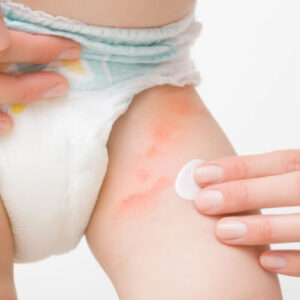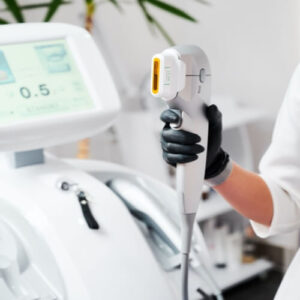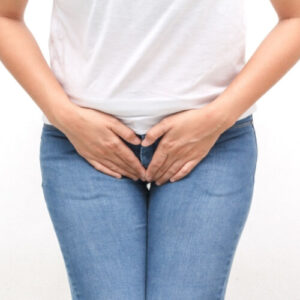Symptoms and risks of medical psychotic depression
conference Symptoms of psychotic depression Between symptoms of major depression and psychotic symptoms of detachment from reality and suffering from illusions and hallucinations in what is known as psychotic depression, which is a severe type of depression. [1]
This article deals in detail with the symptoms of psychotic depression, its risks and treatment methods, as well as the difference between it and schizophrenia.
Symptoms of psychotic depression
Estimated injury rate with psychotic depression In people with depression it is about 10 to 19%, and is more common in the elderly than in adults. [2] [3]
symptoms of depression
Symptoms of psychotic depression related to depression include: [1]
- A constant feeling of extreme sadness, frustration, and thinking that life is worthless and not worth living.
- A feeling of hopelessness and helplessness.
- Anger and irritability.
- Feelings of worthlessness and self-loathing.
- Loss of interest in favorite activities.
- Difficulty concentratingto remember, or to make decisions.
- Loss or increase in appetite.
- Insomnia or sleeping too much.
- General fatigue, feeling weak and exhausted.
- Physical symptoms, such as headaches, stomachaches and impotence.
- Recurrent thoughts of death or suicide.
psychotic symptoms
Psychosis involves detachment from reality; So a person may not understand what symptoms they are experiencing. Symptoms of psychotic depression associated with psychosis include: [3] [4] [5]
- Illusions: These are wrong ideas and beliefs. The patient may think that he suffers from a serious health problem that will lead to his life despite the doctors’ proof that he does not suffer from it, while some believe that they have unique or supernatural powers, and the patient may also think that he is a famous and famous figure and perhaps an ancient historical figure.
- Hallucinations: It is seeing, hearing or feeling things that are not real, and perhaps smelling or tasting things that are not there in some cases.
- paranoia: Symptoms of psychotic depression also include paranoia, which is intense and persistent doubt about the motives and actions of others.
- Psychomotor agitation: in which the patient feels restlessness, which is a feeling of tension and discomfort, and it appears in the form of constant movement, such as difficulty sitting still, rubbing hands all the time or moving with regular steps back and forth.
- Psychomotor retardation This appears in the form of slow thinking, speech and movement.
Delusions are a more common symptom of psychotic depression than hallucinations, and in some cases delusions may occur without hallucinations. It should be noted that some people who suffer from Symptoms of acute psychotic depression The delusions and hallucinations seem so realistic that they may harm themselves or others in an attempt to stop the symptoms. [2] [3]
Also read: Causes of depression in different age groups
What is the difference between psychotic depression and schizophrenia?
Psychotic depression is different from schizophrenia People with schizophrenia tend to suffer from psychotic symptoms more than depression, and delusions and hallucinations do not leave them, and schizophrenia tends to appear in the late teens and early twenties, while psychotic depression appears at any age and is more common in the elderly. [2] [3]
Also read:
(paroxysmal sleep)
nbsp Definition nbsp It is a chronic neurological sleep disorder characterized by episodes of excessive daytime sleepiness and often accompanied by … read more
Is psychotic depression dangerous?
Psychotic depression is dangerous because it can lead suicide, when the risk of suicide increases compared to those suffering from depression only; Therefore, people with psychotic depression who experience suicidal thoughts may need to stay in hospital for treatment to prevent harm to themselves and to protect others. [6]
Also read: What are the types of depression?
Treatment of psychotic depression
including Treatment of symptoms of depressive psychosis the following: [5]
- Use antidepressants and antipsychotics as prescribed by your doctor.
- Psychotherapy, such as cognitive behavioral therapy.
- Get social support.
- undergo electroconvulsive therapy to relieve Symptoms of severe psychotic depression If other treatments have not helped.
may summon Treatment of symptoms of severe chronic psychotic depression Some people have to stay in the hospital for proper treatment. [5]
Also read: Types of antidepressants and their use





